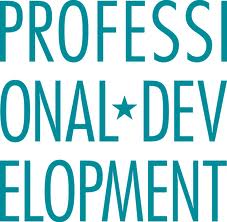Ted Olson Keynotes ABA New Partner Institute in DC – April 17th
 Since the inception of the ABA New Partner Institute in 2011, I have had the privilege of serving on the planning board and speaking on business development each year. While many law firms provide excellent professional development to its attorneys from summer associate through associate and ideally partnership, ABA New Partner provides something unique that you can’t get in-house–different firm perspectives and philosophies, and the opportunity to network with fellow new partners from around the country–new partners eager to help one another build a bigger book of business.
Since the inception of the ABA New Partner Institute in 2011, I have had the privilege of serving on the planning board and speaking on business development each year. While many law firms provide excellent professional development to its attorneys from summer associate through associate and ideally partnership, ABA New Partner provides something unique that you can’t get in-house–different firm perspectives and philosophies, and the opportunity to network with fellow new partners from around the country–new partners eager to help one another build a bigger book of business.
This year, for the first time, New Partner moves to Washington, DC. And it is difficult to think of hearing from a bigger name partner than Ted Olson, and a more prestigious firm than Gibson Dunn.
For less than the cost of a billable hour, New Partner takes place as a one day conference in the heart of Washington. Make sure your law firm is represented with one or more of your new, recent or soon-to-be partners. It is built as a 50-person maximum program to better allow networking and intimacy among attendees and faculty.
 Marketing Attorney Blog
Marketing Attorney Blog







